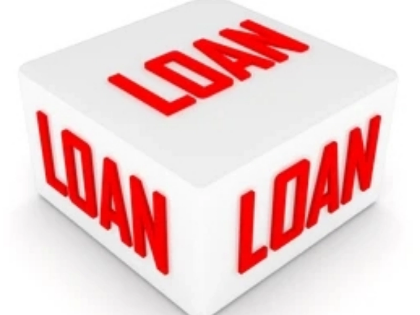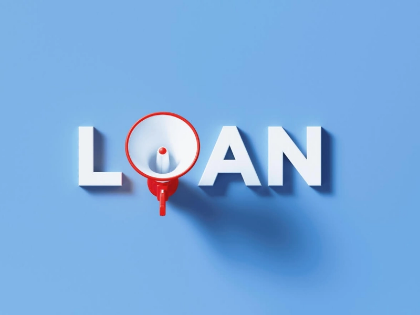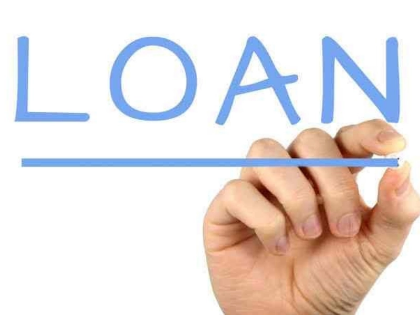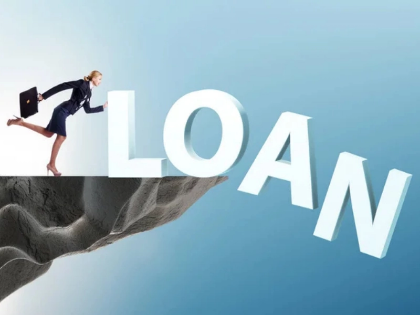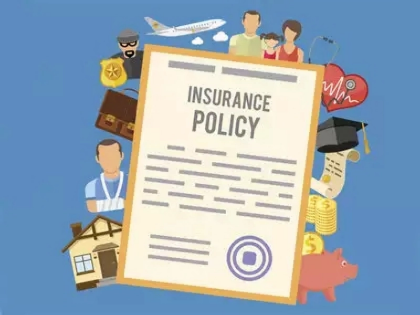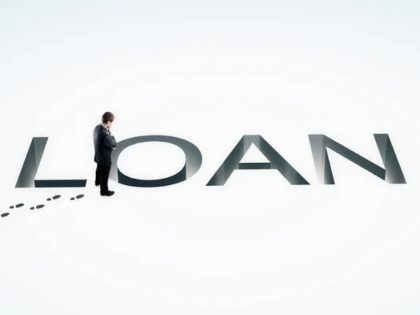Getting Financial Freedom: Quick Mortgage Repayment Techniques
Being financially ready for whatever life throws at you is the definition of financial freedom, also known as financial independence. This lowers stress and provides you the freedom to follow your passions, spend time with loved ones, or save for the future. It also indicates that you have enough residual income to cover your bills.
For most people, paying off debt is the first step toward financial freedom. Paying down your smaller debt levels first is a strategy known as the snowball method that can help you achieve this.
1. Prioritize paying off your high-interest debts.

Paying off high-interest bills first may be a more fruitful approach to saving money. The debt avalanche approach is the name given to this. Make a list of all of your debt accounts, together with the amounts owed, interest rates, minimum payments due each month, and any other pertinent details. After that, pay the minimal amount due each month on all other bills and concentrate on closing the account with the highest interest rate. When that loan is paid off, continue paying down the next debt with the highest interest rate using the money you were contributing to that account.
Alternatively, you can rank debts not by interest rate but by size of balance. People who desire to pay off a number of small debts quickly sometimes utilize this strategy. This may not be the ideal course of action for lowering the total amount of interest you pay over time, but it can help motivate those who are feeling overburdened by multiple payments.
2. Establish a Reserve Fund.

A mortgage is frequently a homeowner's largest financial obligation. Few other investments can compare to the sense of security and financial freedom that comes with becoming mortgage-free early. Nevertheless, there are hazards associated with mortgage repayment. This blog post examines five astute tactics that can help you accomplish your objectives more quickly, whether your aim is to save thousands of dollars, cut your interest costs, or expedite the completion of your mortgage.
It makes sense to start building up a rainy-day fund, which should be enough to cover three to six months' worth of living expenses, before paying off your home. Use of this emergency savings account should be limited to situations where other sources of funding are unavailable or insufficient for unforeseen expenses. To maximize your investment, this money should ideally be kept in a high-yield savings account or Treasury bill. This will also guarantee that you're not giving up on other important financial objectives, like retirement savings or paying off toxic debt.
3. Make a real estate investment.
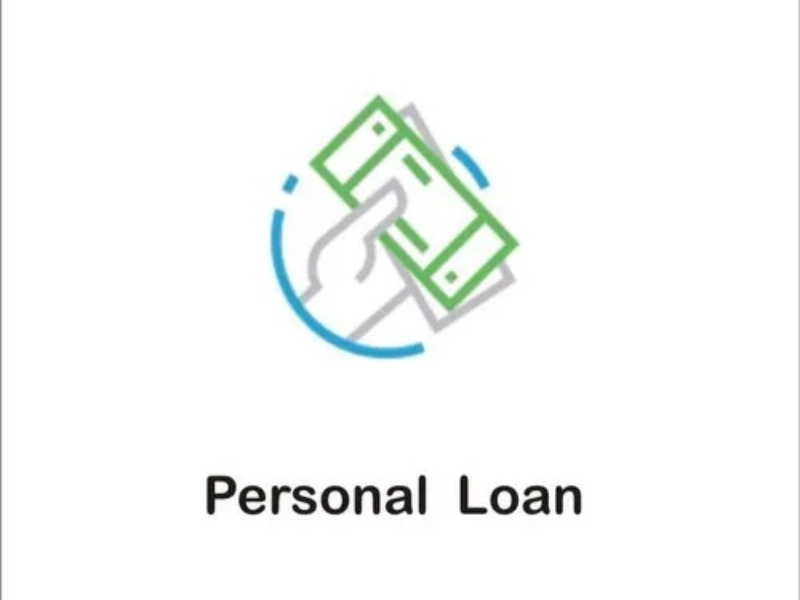
Purchasing and renting out a home is a common real estate investment strategy used by those looking to increase their wealth over time. Additionally, these kinds of investments typically have fewer correlations with the stock market, which benefits investors by providing a buffer against losses during recessions.
Real estate investing involves a large initial outlay of funds, and maintaining a property can be costly. Furthermore, the illiquidity of a real estate investment may make it challenging to have access to your money when you need it.
But real estate investing doesn't have to be a costly venture. Beginners on a tighter budget can benefit from a number of tactics, such as house hacking, which involves buying a multi-unit building and occupying one while renting out the others. Additionally, accredited and non-accredited investors can participate in real estate projects by buying a portion of a complete property rather than just a single house or apartment using crowdfunding sites like Arrived.
4. Establish a financial plan.
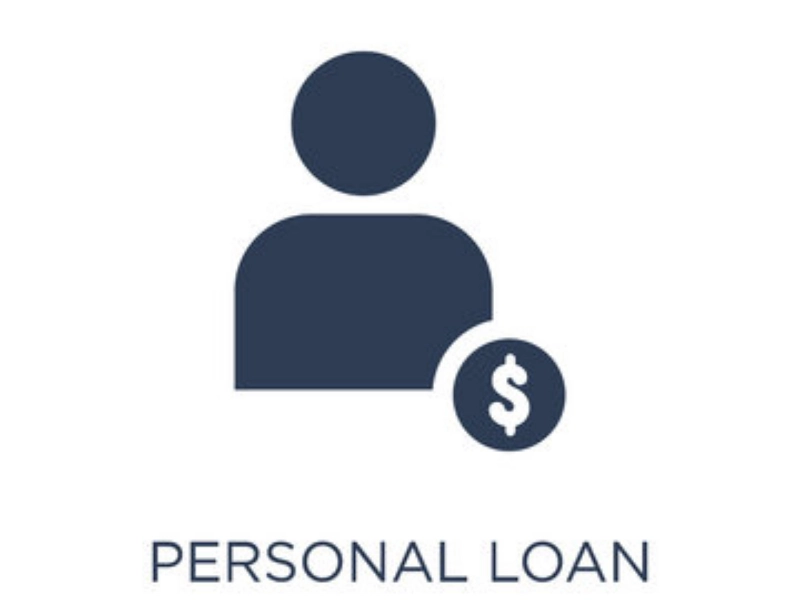
Regardless of your financial objectives, making and adhering to a budget is crucial. You may determine how much money you make, how much you spend, and how much is left over for investments or savings by creating a budget.
Start by recording every expense you incur for necessities like food, housing, and transportation. Next, include all of your other out-of-pocket expenses, such as automatic savings and debt repayment. Next, deduct these amounts from your take-home income to determine the amount you can set aside for investments or savings.
Suggest to your lender a biweekly or weekly payment plan if you discover that your monthly mortgage payment is taking up too much of your spare money. Your principle will be lowered more quickly as a result of making smaller, more frequent payments. Another excellent strategy to increase your wealth and pay off your mortgage at the same time is to invest in stocks or other assets. These tactics must be balanced, though, with other crucial objectives, including emergency savings, debt repayment, and other high-interest debt payments.


